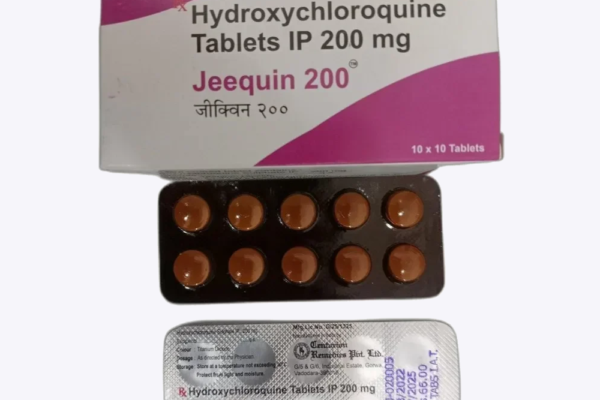What Role Do Antibiotics Play In Malaria Management?
In the fight against malaria, antibiotics have emerged as a potential tool in the management arsenal. Understanding the role of malaria antibiotics in combating this deadly disease is crucial for effective treatment strategies.
Note: Make sure to always consult a medical professional before using any such products!
The Link Between Antibiotics and Malaria
Antibiotics, traditionally used to treat bacterial infections, have shown promise in certain cases of malaria management. While malaria is caused by parasites transmitted through mosquito bites, bacterial infections can sometimes accompany severe cases of malaria. Antibiotics are employed to target these bacterial co-infections, preventing complications and improving patient outcomes.
Targeting Bacterial Co-Infections
When malaria becomes severe, it can compromise the immune system, making individuals more susceptible to bacterial infections. Antibiotics such as doxycycline and azithromycin are commonly used to treat these secondary bacterial infections, reducing the risk of complications such as pneumonia or sepsis.
Combating Antimicrobial Resistance
One challenge in malaria management is the emergence of antimicrobial resistance, where parasites become resistant to antimalarial drugs. Antibiotics offer an alternative approach, helping to manage bacterial infections without contributing to resistance against antimalarials. This dual benefit underscores the importance of judicious antibiotic use in malaria treatment.
Enhancing Treatment Efficacy
In certain regions where access to specialized medical care and antimalarial drugs is limited, antibiotics can play a crucial role in malaria management. By addressing bacterial co-infections, antibiotics complement the effects of antimalarial medications, leading to more effective treatment outcomes and reducing mortality rates.
Preventive Measures in High-Risk Populations
Antibiotics are also used prophylactically in high-risk populations, such as pregnant women living in malaria-endemic regions. Preventive antibiotic treatment can reduce the incidence of maternal and neonatal complications associated with malaria, safeguarding the health of both mother and child.
Addressing Challenges and Limitations
While antibiotics offer benefits in malaria management, their use is not without challenges. Antibiotic resistance, side effects, and the risk of disrupting the body’s natural microbiota are important considerations. Moreover, antibiotic selection must be guided by factors such as local resistance patterns and individual patient characteristics.
The Importance of Integrated Approaches
Effective malaria management requires an integrated approach that encompasses both antimalarial and antibiotic strategies. By addressing both the parasitic and bacterial components of the disease, healthcare providers can optimize patient care and minimize the risk of complications.
Antibiotics play a multifaceted role in malaria management, targeting bacterial co-infections, preventing complications, and enhancing treatment efficacy. By integrating antibiotics into comprehensive malaria treatment protocols, healthcare providers can improve outcomes and save lives in the ongoing battle against this global health threat.
Note: Always consult a medical professional before using any such products!
Visit our website, XPressPillStore, to get malaria antibiotics in California today!




1 comment on “What Role Do Antibiotics Play In Malaria Management?”
Jacinto Bisi
I needed to send you one bit of word just to thank you very much again just for the superb knowledge you’ve documented on this site. This has been certainly surprisingly open-handed of people like you to provide unreservedly all that some people could have advertised as an ebook to help make some profit on their own, and in particular considering that you might have done it in case you considered necessary. The things in addition served as a good way to fully grasp many people have similar desire much like mine to figure out somewhat more with regards to this issue. I believe there are thousands of more pleasurable periods up front for folks who looked over your website.